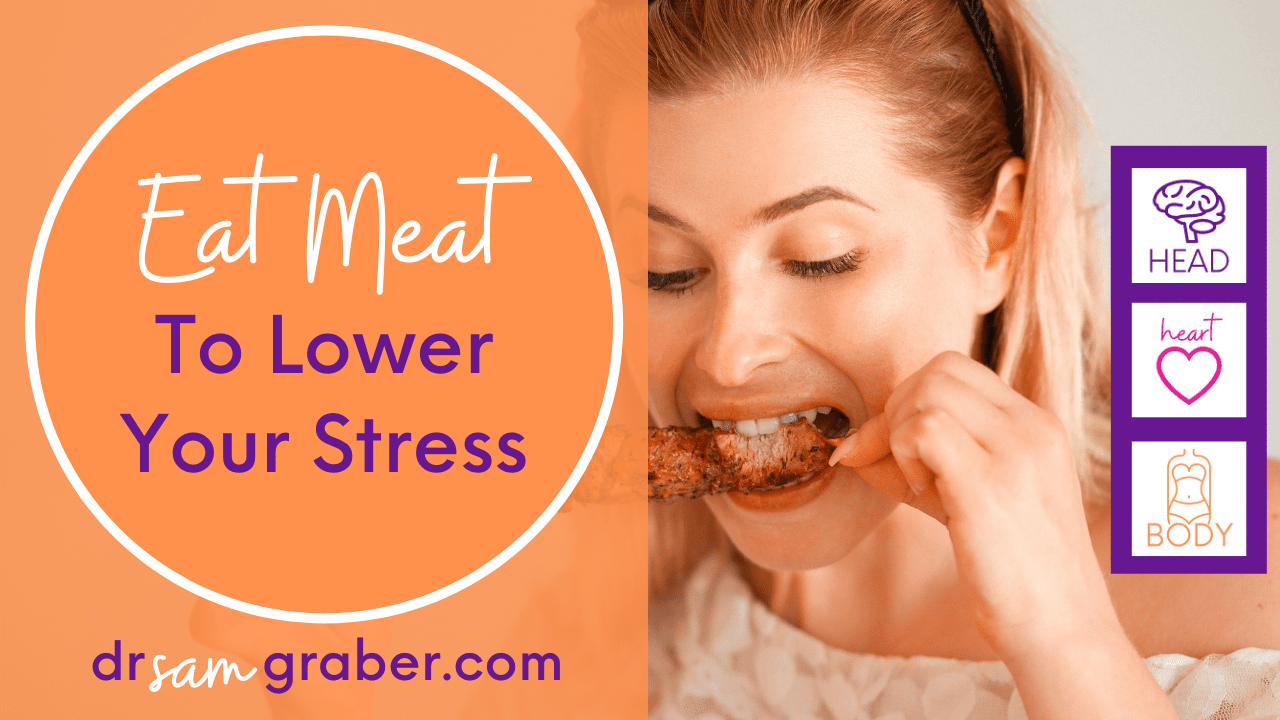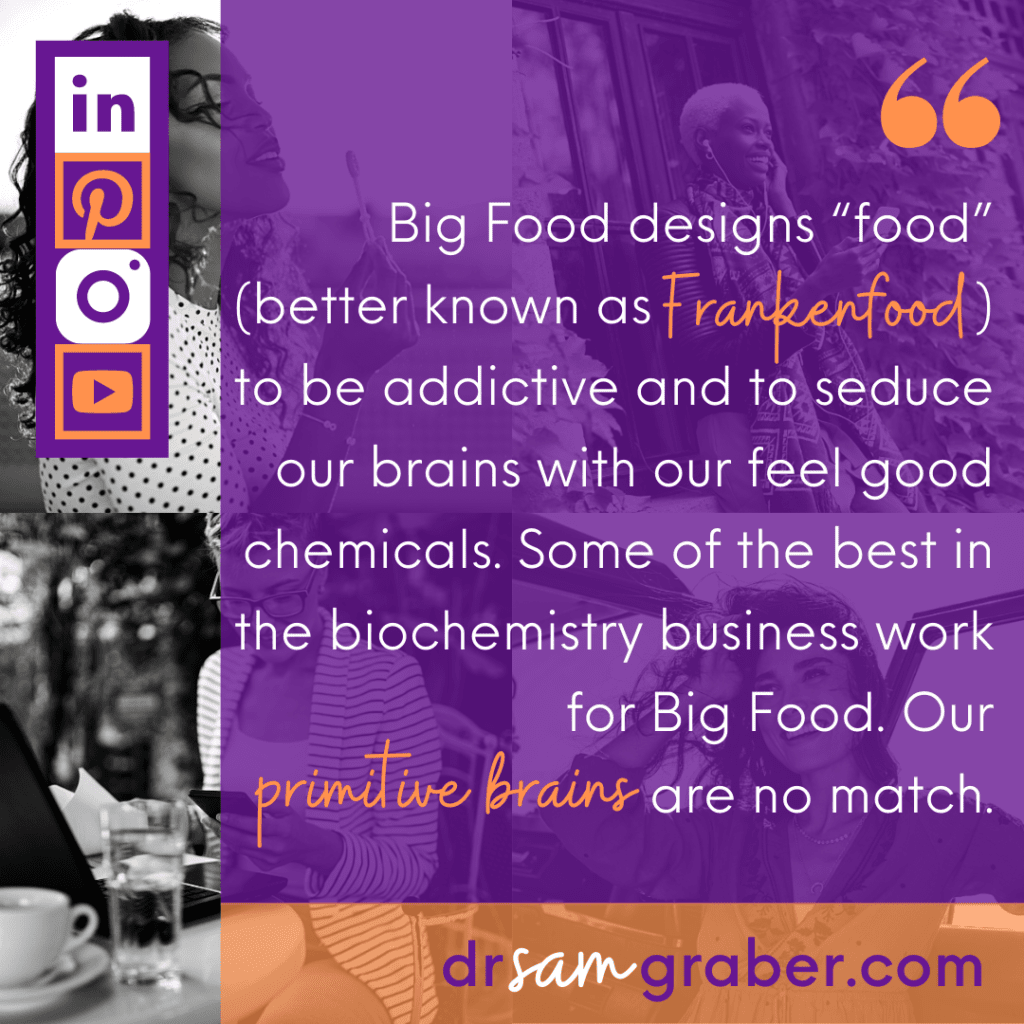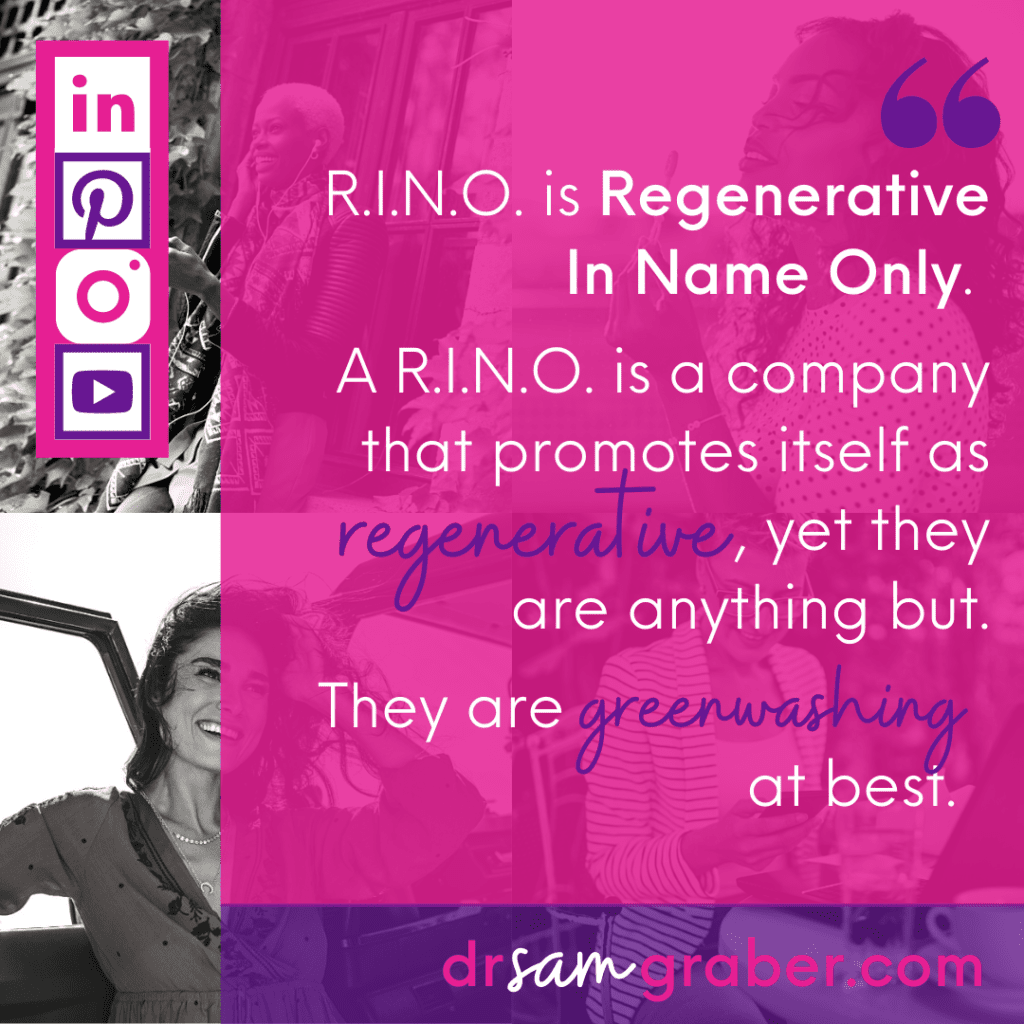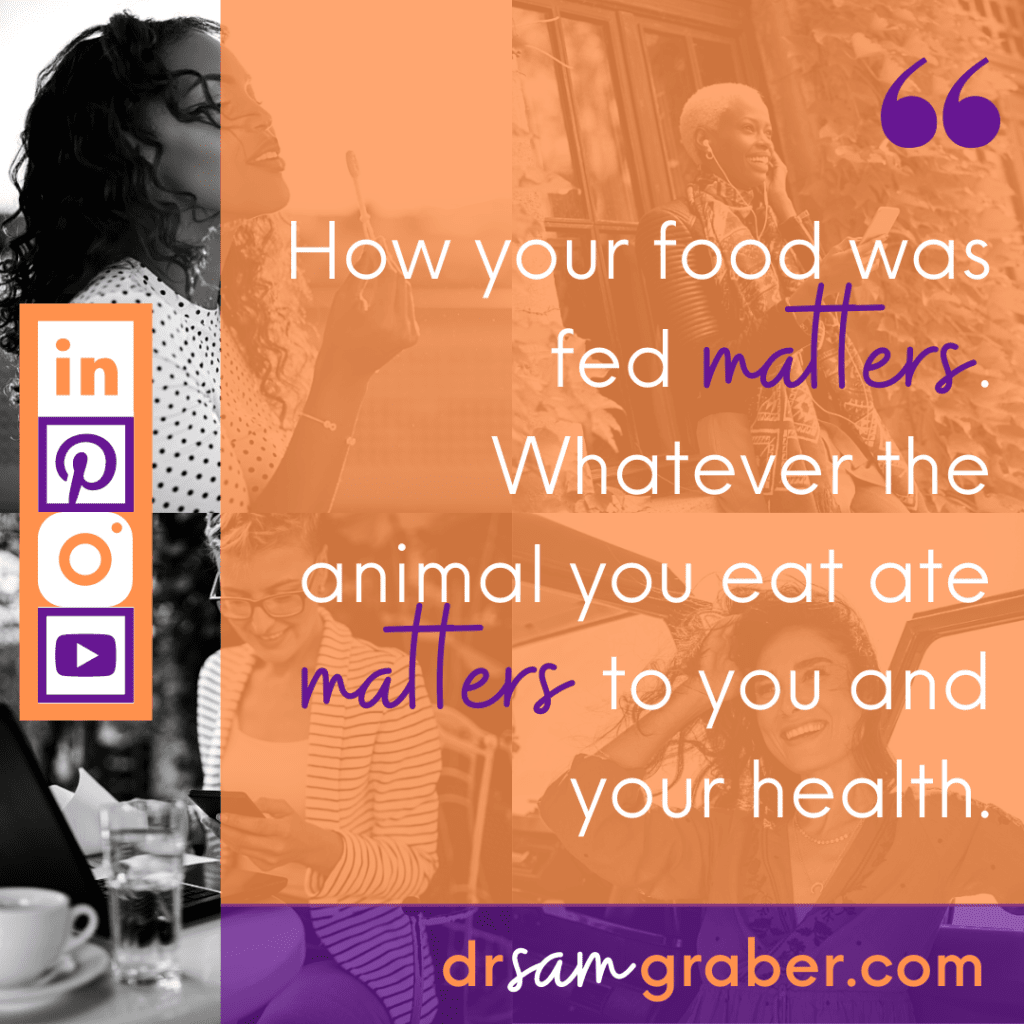
Eat Meat To Lower Your Stress
“Eating Meat Can Lower My Stress?”
I can hear you now…and yes it does. Keep reading to learn why.
Stress is a common side effect of living a modern life. It builds up and up and up because everything we do is far more hectic than it ought to be. We work too much, worry too much, and even when we try to relax, our bodies stay tense and stressed. In many ways, we are behaving like skittish prey animals. And, oddly enough, if we stop eating like skittish prey animals, we might be able to handle our stress much better, and enjoy our lives more.
You see, stress isn’t just that feeling of pressure or anxiety when something is beyond our control. That is the form of stress we are most familiar with, as it is the easiest one to notice. But stress isn’t about the external influences (stressor), or the most obvious effects of them.
Stress is an inside job. It is how we respond or react to a stressor that makes all the difference.
If we are mentally stressed, we understand that means we are doing too much, resting too little, our minds are too busy, and a lot of what we are doing is psychologically and emotionally harmful. But our bodies can be stressed too. On a physical level we can be stressed by lifting heavy weights, running, pushing ourselves to the limits.
Something to note…being too inactive is also a stressor. Our bodies are made to move. Why else do we have this amazing frame with all of these joints and muscles? To hang clothes on? Silly human…that is what treadmills are for.
So what stresses our bodies metabolically? Well, following suit, it is pushing our metabolism to the limit or making it a lazy lout with processing the heck out of our food.
Our bodies are designed to extract nutrients from our food, put those nutrients into cells, and grow healthier cells, lots of them. That’s it. Nothing more. Nothing less.
It is your job to ensure what you feed your body helps it do its job.
To do this, we handle a delicate balance of metabolic hormones, every day. When we eat nourishing food, like meat, our stomach starts to extract the energy from it, our gut gets the micronutrients from it, our liver and pancreas break them down, our blood carries the good stuff to the cells, and then our kidneys and colon get rid of what’s left.
When working per design you’d be hard-pressed to find a more efficient system than the human digestive system.
But when we overstimulate any one aspect of this process and stress one of our organs, pushing it to its limit, the whole system is vulnerable to falling apart. And rarely do we overstimulate just one aspect, it is often a system-wide assault.
The modern diet, heavy in processed foods, is basically designed to create internal stress. The processing of foods takes something that in its natural form is nutritious, but when in its processed form, it becomes noxious. Even the stuff marketed as “health food”. Some of that stuff is processed so much it is junk-food in disguise. (Like a wolf in sheep’s clothing.)
When we eat too often, too many carbohydrates, too few healing fats, too few micronutrients, and too many calories, we are telling our bodies that we live in a harsh, stressful environment.
High carbohydrate diets do this, first and foremost by messing with our blood glucose. When we eat carbs, our blood glucose spikes suddenly. Too much glucose in the blood is poisonous, so we release insulin to lower it. It is a little more complicated than this, but to sum it up, insulin moves the glucose into cells to serve as fuel, then it drives the glucose into muscles for short-term storage, then finally into body fat cells for long-term storage when our muscles can’t take in any more glucose. This drops our blood sugar level, making us hungry again.
On top of that, eating too many carbohydrates gets in the way of eating more nutrient-dense foods. When we give potatoes, grains, or legumes the majority of the real estate on our plate, we are missing out on all sorts of beneficial vitamins, minerals, antioxidants, amino acids (protein) and lipids (fats). If instead of having two cups of cooked pasta, we had two cups of baked broccoli, sautéed kale, or raw salad greens, we would be getting hundreds of times the nutrition for a fraction of the calories. That is as long as the soil those plants are grown in actually has some nutrients in it.
The biochemical kicker…when we eat too many carbs we stop craving nutritious foods, and just crave more carbs.
Since the body tightly regulates blood glucose to about one teaspoon at any given time, most modern diets blow way past this amount in a few bites. This vicious cycle of hunger (and cravings) stresses our bodies beyond the breaking point over and over. Eventually, it can’t rebound as quickly, then not at all.
Big Food designs “food” (better known as Frankenfood) to be addictive and to seduce our brains with our feel good chemicals. Its using our own biochemistry against us! Some of the best in the biochemistry business work for Big Food. Our primitive brains are no match.

On the other hand, a high healthy fat, very low carbohydrate diet protects us against those highs and lows in our blood sugar. This is because when eating to promote ketosis we run on fats and proteins recombined into ketones, an alternative to glucose. And to boot, when we eat a ketogenic diet we are eating more nutrient-dense foods, and often fewer calories too, as we are better satiated. This leaves more space on our plates and in our stomachs for foods that nourish us.
Foods like meat, and better yet, fatty cuts of meat. Now not just “any” meat. The kind of meat that is best for the keto-producing parts of us is the kind of meat that is best for the planet and all of its creatures. Regeneratively grown ruminant meat is best. Cattle, sheep, goats, and buffalo are the most common breeds of ruminant livestock in the U.S. market. If you hunt or have a hunting hookup, set your sights on deer and elk. Each, a fantastic wild ruminant.
I’ll dive into the long list of reasons in future discussions. Here’s the bottom line for now. When animals are raised regeneratively, truly regeneratively, not the R.I.N.O. kind of “regenerative” or even “sustainable”, the ranchers (or farmers) are following Natural Law. They pay attention to what is best for that animal and the ground over which it travels.
R.I.N.O. is Regenerative In Name Only. A R.I.N.O. is a company that promotes itself as regenerative, yet they are anything but. They are “greenwashing” at best. (You heard this version of R.I.N.O. here first!)

Regeneratively grown animals are able to live lives per their design. Cows get to graze, move, explore new terrain, partake in a variety of seasonal grasses, and feel the warmth of the sun while breathing in the freshness of the Great Outdoors. Though not a ruminant, pastured chickens are still a good source of protein. When pastured, they forage for bugs and small creatures like mice and lizards. Chickens are omnivores…not vegetarians like marketers would have you believe. Pigs love to root in the dirt amongst bush and tree roots to uncover treasures they never find in a trough. Pigs are not ruminants, and when conventionally raised, I recommend you avoid eating them, same with fowl. But when they’re raised regeneratively, and not fed conventional feed, but a food source that would be on their menu in the wild, they’re a decent choice. Though again, not at the top of my list.
Side note: just because pigs WILL eat anything, it doesn’t mean they SHOULD. Keep in mind, how your food was fed matters. Whatever the animal you eat ate matters to you and your health. If they eat inflammatory “feed” like grains, sawdust, other animals’ waste (do the research for yourself) and the by-products from processed food, it will inflame you.

Animals raised regeneratively eat the way their nature intended. Look into a source such as my favorites at White Oak Pastures in Georgia. Read up on what regenerative farmers and ranchers do. They’re incredible humans doing incredible things for humanity.
Altogether, removing the negative carb spike cycle and adding extra nutrients gives our bodies the tools necessary to heal. These nutritious foods send a signal to our bodies that we are safe, that there is good food, and that we are living well. In turn, our bodies respond with reduced cortisol, healthier organs, and improved satiety.
This is how you lower your stress levels by eating meat. XOXO
